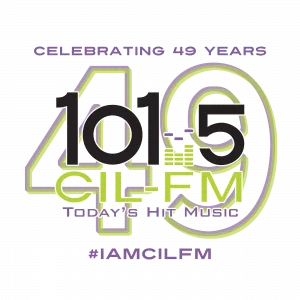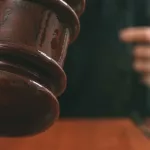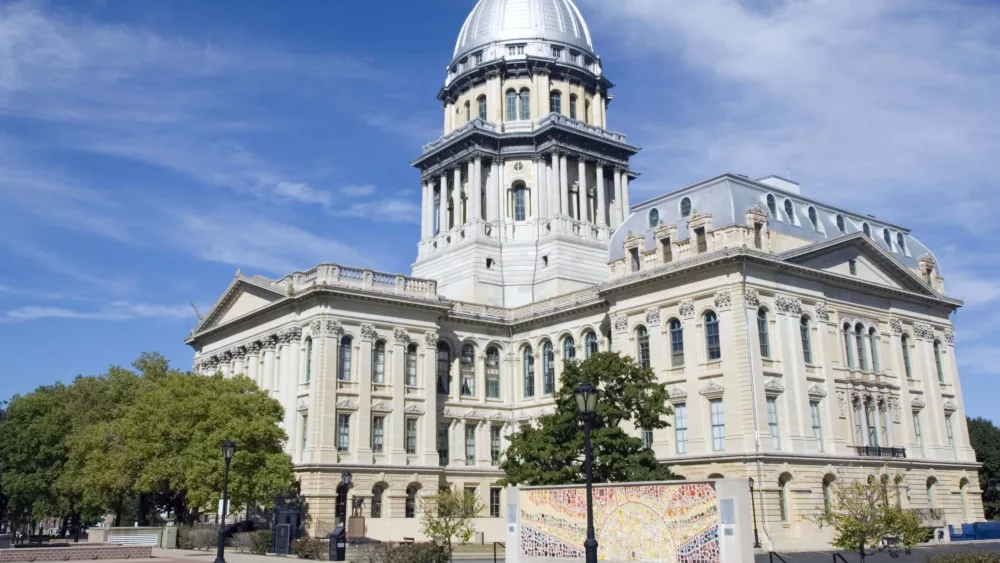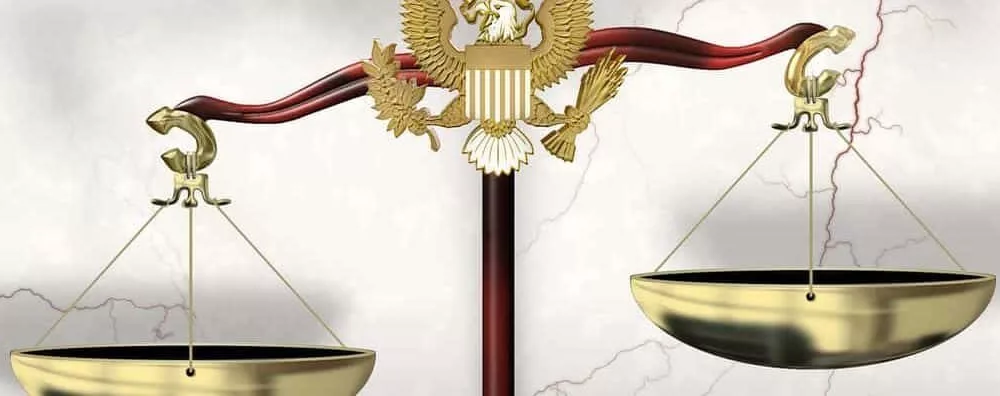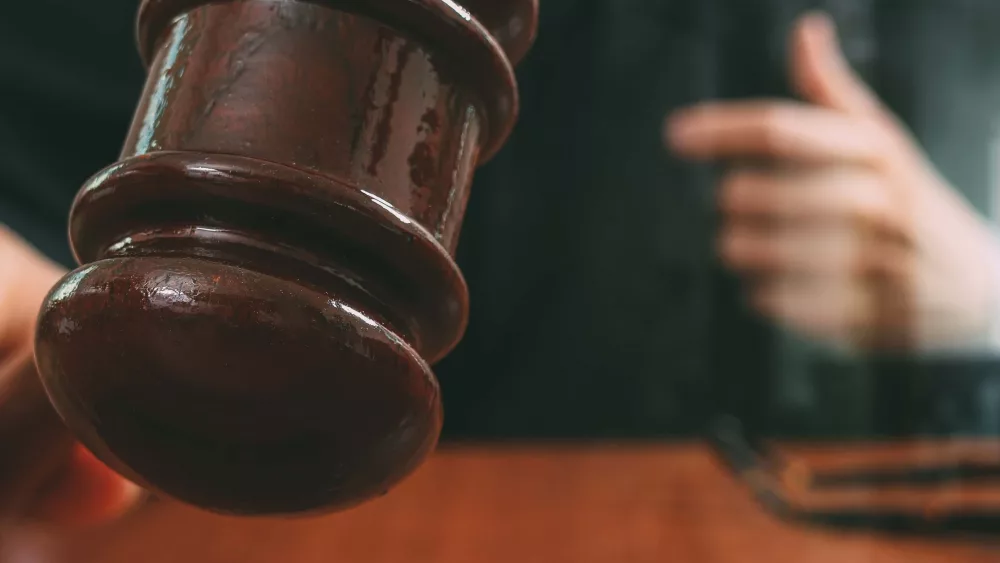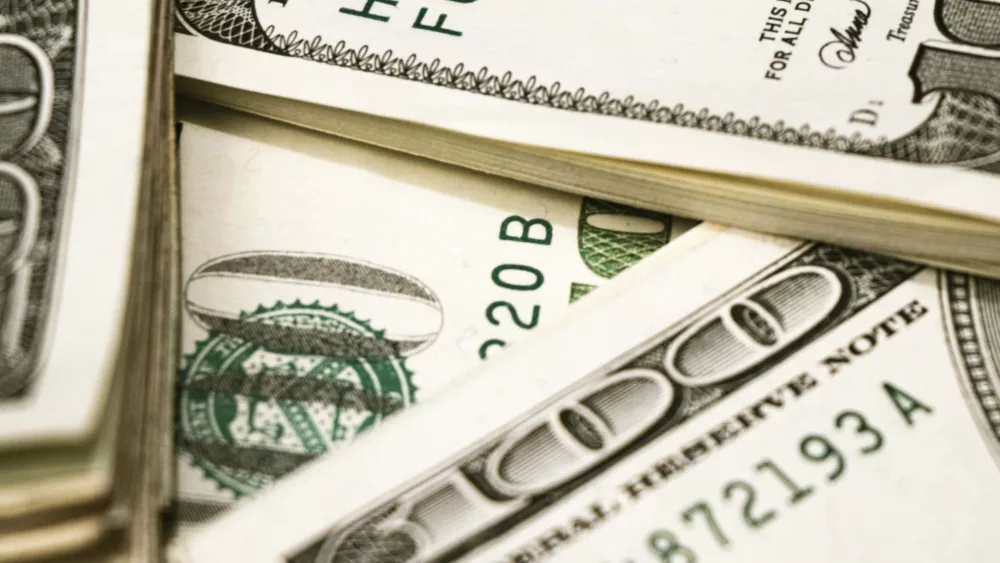By GREG BISHOP
Illinois Radio Network
SPRINGFIELD, Ill. (IRN) — With major issues looming over Illinois, it’s still possible there could be a special session called this summer.
Gov. J.B. Pritzker doesn’t think a special session would be necessary to react to the so-called “big, beautiful bill” Congress approved before the holiday.
Asked during a campaign stop in Chicago Wednesday about the bill Congress was advancing, and whether Illinois legislators should come back to Springfield to react, Pritzker said that may not be necessary.
“Just to be clear, many of the provisions that are in the big terrible bill, are provisions that don’t go into effect until perhaps a year plus from now,” Pritzker told reporters.
One area Pritzker anticipates action is if there are fewer federal tax funds for things like the Affordable Care Act.
“We might need to take the funds that are matching funds because they’re going to take away their federal funds, take our matching funds, and figure out how we’re going to distribute those among the critical access and safety net hospitals that are threatened to close as a result of what they’re doing in Washington, D.C.,” Pritzker said.
Pritzker did say there could be a special session called for this summer to deal with the looming mass transit fiscal cliff.
Shortly after legislators left in early June at the conclusion of spring session, the House and Senate scheduled fall veto session for six days in October. One issue legislators didn’t address before leaving Springfield was the mass transit fiscal cliff set to kick in at the end of the year.
Pritzker said the outline is mostly there to consolidate mass transit districts and find funding for the $760 million cliff.
“I believe that we’ll be able to get a transit bill done either in veto session, which will be in October this year, a little earlier than usual, or, if necessary, we would call a special session and get it done then,” Pritzker said.
How that funding will come about is still illusive.
“That’s all being worked out right now,” Pritzker said. “You’re going to hear more about that over the coming months.”
The version that passed the Senate but didn’t advance in the House included funding by levying a $1.50 charge to each retail delivery order across the state.
Jim Talamonti contributed to this story.
